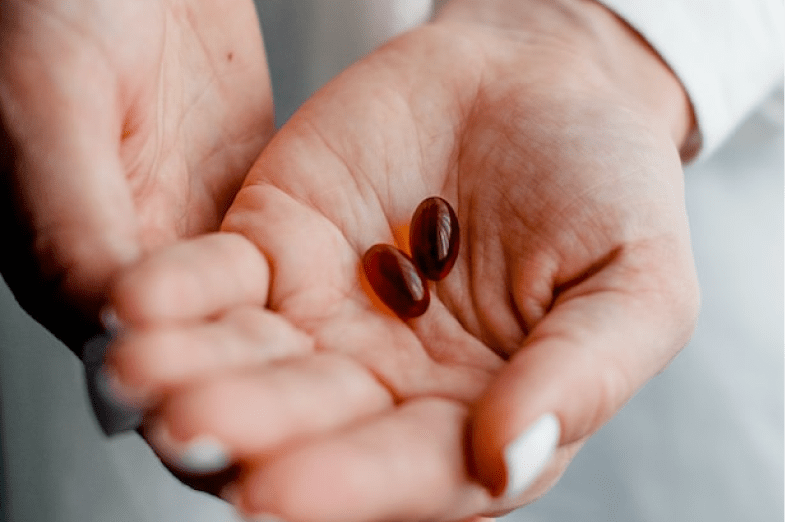-
By: BZOTECH
-
March 17, 2023
Iron and Energy: Understanding the Role of Essential Minerals
Iron is one of the most vital minerals in the human body, playing a crucial role in energy production, oxygen transport, and overall vitality. Yet, many people don’t realize just how central iron is to feeling energetic and healthy. This article explores the connection between iron and energy, how iron deficiency affects your body, and how to ensure you’re getting enough of this essential mineral.
Why Iron Is Essential for Energy
Iron is a key component of hemoglobin, a protein in red blood cells that carries oxygen from the lungs to the rest of the body. Without enough iron, your body can’t produce adequate hemoglobin, leading to less oxygen delivered to tissues and organs — which causes fatigue, weakness, and poor concentration.
Another important role of iron is in cellular energy production. Iron is involved in the electron transport chain, a process within mitochondria (the energy-producing structures in cells) that generates adenosine triphosphate (ATP) — your body’s main energy currency.
Signs of Iron Deficiency
Iron deficiency can have a wide range of symptoms, including:
-
Chronic fatigue and low energy
-
Pale skin
-
Shortness of breath during mild activity
-
Cold hands and feet
-
Dizziness or headaches
-
Brittle nails and hair loss
In severe cases, iron deficiency can lead to iron-deficiency anemia, a condition that requires medical treatment.
Who Is at Risk?
Certain populations are more prone to iron deficiency:
-
Women of childbearing age due to menstrual blood loss
-
Pregnant women, as they require more iron for fetal development
-
Vegetarians and vegans, since plant-based iron (non-heme) is less easily absorbed
-
Athletes, due to higher iron turnover and loss through sweat
-
People with digestive disorders like celiac disease or inflammatory bowel disease
How to Increase Iron Levels
You can improve your iron status through both dietary changes and supplementation:
Iron-Rich Foods
-
Heme iron (better absorbed): Red meat, poultry, liver, and fish
-
Non-heme iron: Lentils, beans, tofu, spinach, and fortified cereals
To enhance non-heme iron absorption, pair it with vitamin C-rich foods like oranges, strawberries, or bell peppers.
Iron Supplements
If dietary changes aren’t enough, iron supplements may be necessary. Always consult with a healthcare provider before starting supplementation to avoid iron overload.
The Balance Between Iron and Other Nutrients
Iron absorption can be affected by other nutrients:
-
Calcium competes with iron for absorption — avoid taking calcium and iron supplements together.
-
Phytates (found in whole grains and legumes) and polyphenols (in tea and coffee) can inhibit iron absorption.
-
Some supplements, like zinc and magnesium, may interfere with iron if taken in high doses.
The Bigger Picture: Iron and Overall Health
Iron doesn’t work alone. It’s part of a larger network of essential minerals that support energy, immune function, cognitive performance, and metabolism. Maintaining a balanced diet with adequate iron, along with other key nutrients like magnesium, B vitamins, and omega-3 fatty acids, supports holistic energy and well-being.
Iron is more than just a mineral — it’s a powerhouse that fuels your body at the cellular level. By understanding how iron supports energy and overall health, you can take informed steps to maintain optimal levels and feel your best every day.
Frequently Asked Questions (FAQs)
1. Can you get too much iron?
Yes. Excess iron can be toxic. Conditions like hemochromatosis cause the body to absorb too much iron, leading to organ damage. Always seek medical advice before supplementing.
2. What’s the recommended daily intake of iron?
For adult men: 8 mg/day
For adult women (19–50): 18 mg/day
For pregnant women: 27 mg/day
(Source: NIH)
3. What’s the best time to take an iron supplement?
Take iron on an empty stomach with a glass of orange juice to boost absorption — but if it causes stomach upset, take it with food.












Leave a comment